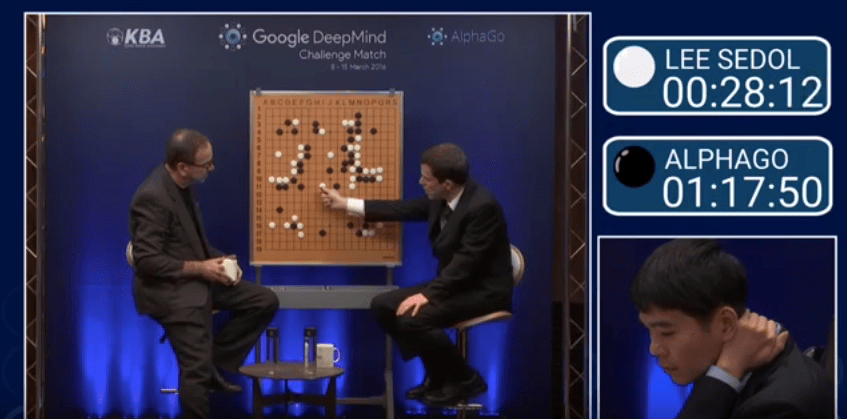In a groundbreaking series of matches, the landscape of artificial intelligence faced a significant test against human intuition and strategy. The stage was set for a historic battle as the reigning Go world champion, Lee Sedol, squared off against DeepMind’s AlphaGo—a machine that’s redefined the potential of AI. The journey through this five-match series not only spotlighted technological advancements but also the intricate balance of skill and creativity in this ancient game.
A Game of Unprecedented Complexity
The game of Go, with its almost unfathomable complexity, boasts more possible moves than there are atoms in the observable universe—an astonishing 10170 positions as noted by Google. For a machine, mastering Go requires not just understanding the rules, but also predicting and simulating outcomes, essentially navigating a labyrinth of possibilities. AlphaGo employs a fusion of deep learning and Monte Carlo Tree Search to tackle this multifaceted challenge. This intricate methodology allows it to simulate multiple play scenarios, learning from each to refine its strategy. While this methodology proved successful, it left room for human ingenuity to shine.
Turning the Tide
After a remarkable initial victory where AlphaGo swept the first three matches, the momentum shifted when Lee Sedol, renowned for his strategic prowess, seized a pivotal win in the penultimate match. His victory demonstrated the importance of creativity and adaptability in Go. In a decisive moment—move 78—Sedol pressured AlphaGo into an error, showcasing the unpredictable nature of human instincts that machines still find challenging to replicate. This win not only symbolized a triumph for Sedol but also a reminder of the creative thought process inherent in human players.
The Limitations of Narrow AI
Despite the remarkable feats accomplished by AlphaGo, it operates within the realm of narrow AI—designed meticulously for a singular, well-defined task. In contrast, human intelligence embodies a broader spectrum of adaptability across diverse scenarios. As Demis Hassabis, founder of DeepMind, pointed out, AI still struggles with tasks like organizing a room, where the variables quickly compound and lead to unpredictability. Thus, what might appear as defeat for AI is often a nudge towards understanding its limitations and a call for further innovation.
What Lies Ahead
The competition spawned discussions about the next frontier in artificial intelligence—the pursuit of general AI. Envisioning a machine that can replicate the depth of human understanding across various problems is the ultimate goal for many researchers in the field. While machines like AlphaGo can triumph in complex games, they remain a far cry from replicating the multifaceted reasoning required in daily life.
Conclusion: A Path Forward for AI
As the world watches these giants clash, we’re reminded that while machines may achieve remarkable victories, the true essence of intelligence—creativity and adaptability—still belongs to humans. The confrontation between Lee Sedol and AlphaGo has not only highlighted the potential of AI but has also illuminated the paths that await both fields—collaboration between human intuition and machine learning could lead to unprecedented advancements. At fxis.ai, we believe that such advancements are crucial for the future of AI, as they enable more comprehensive and effective solutions. Our team is continually exploring new methodologies to push the envelope in artificial intelligence, ensuring that our clients benefit from the latest technological innovations. For more insights, updates, or to collaborate on AI development projects, stay connected with fxis.ai.

